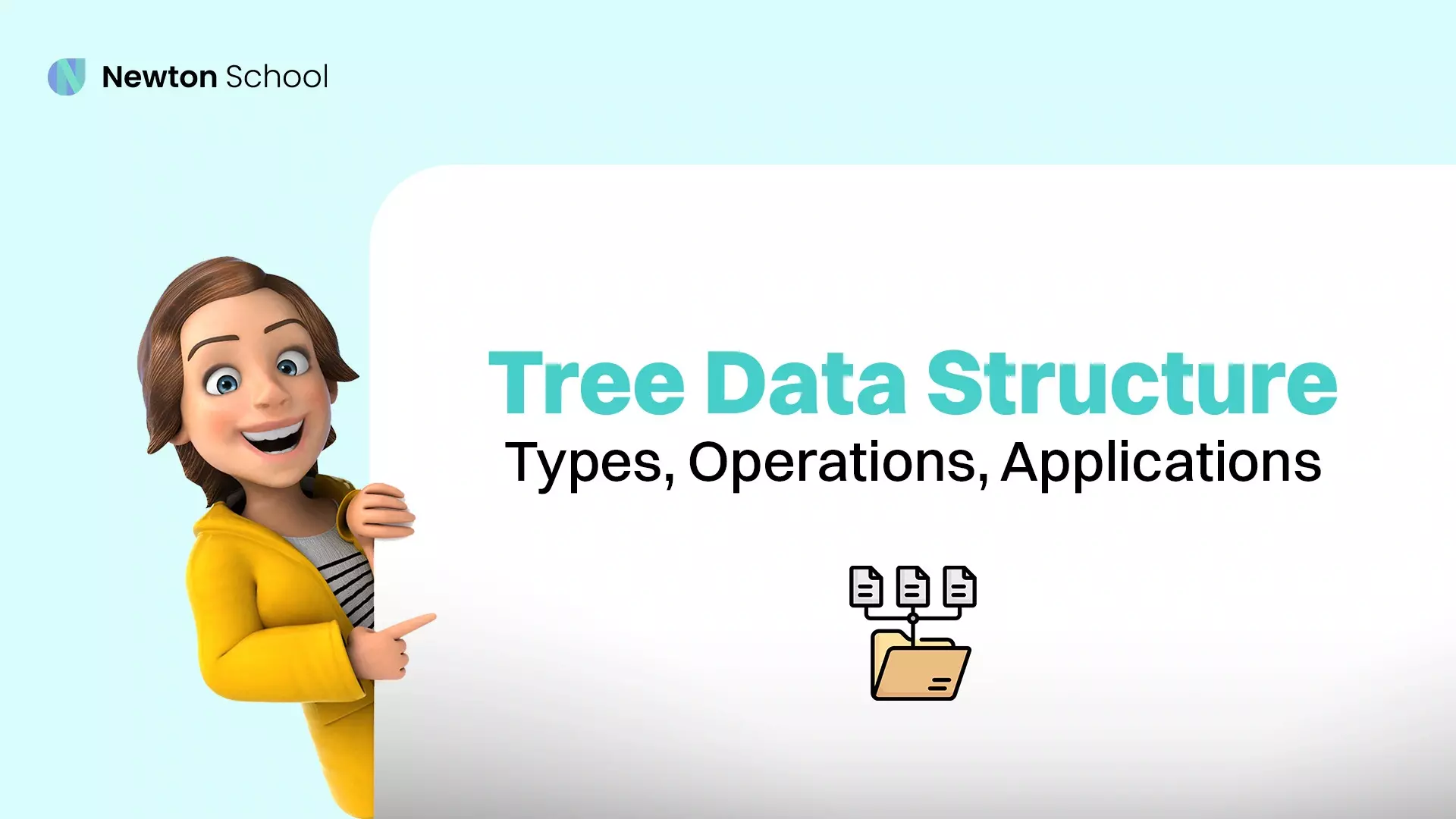
"Nothing ventured, nothing gained" is what life is all about. Nothing will ever be achieved if we do not invest in unexplored growth areas. If our interest lies with our profession, we must always work toward accomplishing success in that field. However, if it lies with any other field than the one we are pursuing, we must quit! Because it's never too late to turn over a new leaf.
Software Engineering can go a long way as a career choice. It is an adaptable means to switch professions. It requires a basic skill set, and if we are interested in working with computers, it is a great fit. It involves designing, drafting, maintaining and testing computer software's. Fascinating, isn't it?
We can take plenty of routes to becoming software engineers. One is by traditionally building our career from scratch with the required degree. The other one is becoming a Software Engineer Without A Degree. It can drive anyone curious - to grab Software Engineer Jobs Without Degree! Yes, it is possible.
The open nature of the profession allows us to decide where we want to go- programming, designing, full-stack engineering, security engineering etc. It widens options for our success as we can select a role in the field very easily.
Approximately 16,22,200 job opportunities are offered annually for software engineers with an excellent and varied pay scale, depending on network roles. This makes the profession a very easy one to transition into. Here is a 6-step guide on How To Become A Software Engineer Without A Degree.
Step 1: Get Certified
Web development Bootcamp programs fulfil our requirements without a degree. They are short-term courses which can fetch us Software Engineer Jobs Without Degree and a decent salary. Such camps are very knowledgeable and can provide insights into the suite of software skills. Also, boot camps generally range over six to seven months which will not disrupt our daily schedule. Hence, they can be perfect chances to learn something handy. There are many bootcamps we can enroll ourselves into, such as courses for full-stack developers, coding courses, IT support professional certificates, etc.
Newton School is a platform which offers various certificate courses in the field of software programming and development. Here, we can learn, implement and also discover innumerable career opportunities for our future.
Step 2: Learn Coding
Java, Javascript, Python, and C++ are some software development programs in high demand these days.
Along with HTML and CSS certifications, these are some of the coding software which can land us new career opportunities. It is an emerging dimension of software programming in which most corporates and software development organizations are interested. With such a high value in the market, these certification courses are easily accessible and completed within a short period.
Step 3: Discover Projects
Practicing what we learn is the key to leaving a lasting impression on employers. When we implement and practice the programs we learn, we have a better command of the topic. Working on projects is equivalent to applying the skills gained through the courses. Some of the certificate courses provide these perks along with their learning schedule. Otherwise, we can always search for internships to embrace our skills.
Step 4: Build a Portfolio
Now that the required skills are gathered, we must begin working on our portfolio. Building a resume is an important part of grabbing the best jobs. A portfolio must include our work experience, education profile, and certifications with an exclusive domain name. These basics and the information from our previous job profile are important information that must be added. We can also add specific projects we previously accomplished to show a preview of our experience. It is the best way to grab the attention of recruiters.
Step 5: Practice Interview Skills
The interview questions of recruiters might sometimes be difficult to answer. Soft skills include communication skills that play an essential role along with technical knowledge. We should be able to answer questions such as, "Why are we thinking of switching the profession at such a stage of our life?" or "What is the purpose of selecting software engineering as a profession?" Without getting intimidated, we should be able to respond to such questions easily. This shows our level of confidence and motivation towards our goal.
Step 6: Seek Feedback
To improve our growth graph, we should be able to face criticism. We can always grow by taking feedback from our recruiters. It displays a positive attitude and helps us to get better at our weak spots.
Final Thoughts
Better late than never! This outlook can change our ways forever. Instead of continuing along traditional earning trends, we can switch our profession to an interesting one.
Software Development is an appropriate career opportunity for the ones looking for a change. Becoming a Software Engineer Without A Degree may sound unreal, but it is a practical and convenient method of following our passion.

























.jpg)


